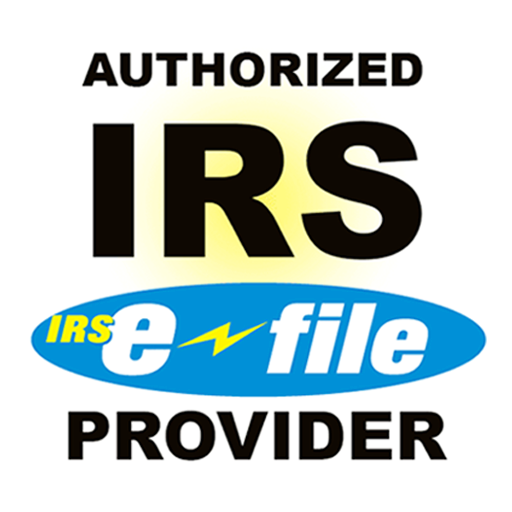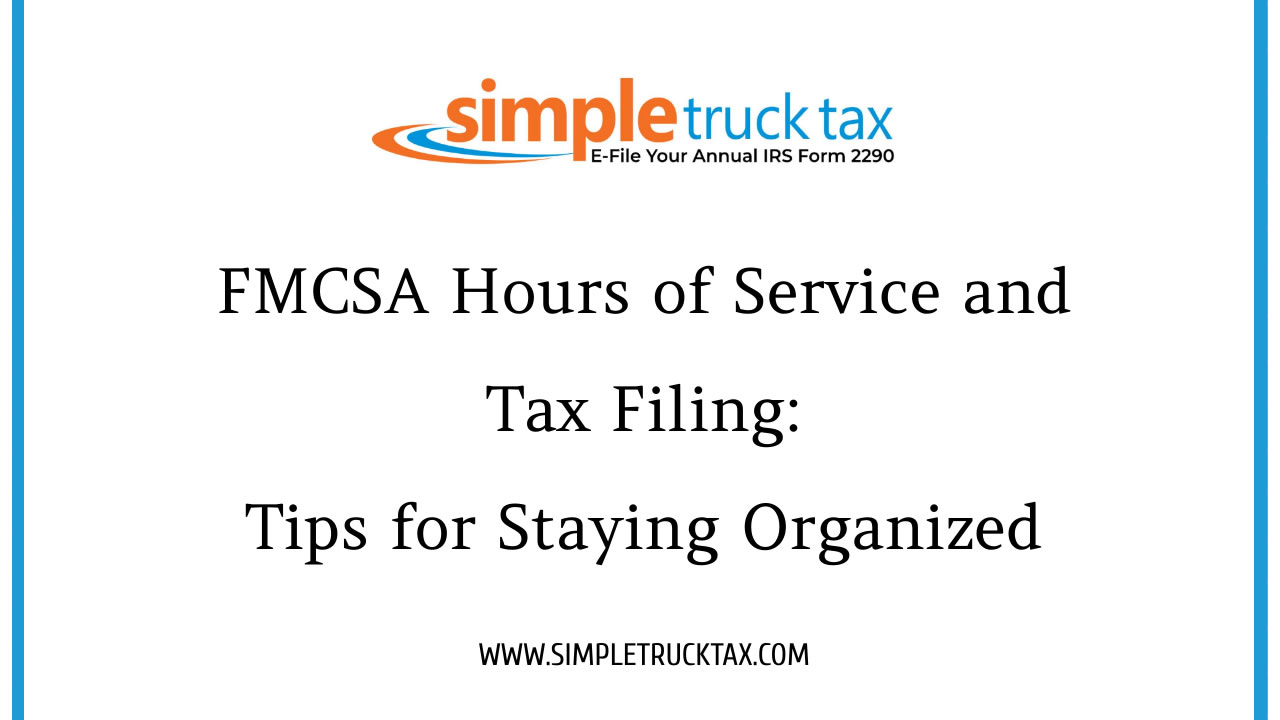12-23-2024
FMCSA Hours of Service and Tax Filing: Tips for Staying Organized
Understanding FMCSA Hours of Service and Tax Filing Organization
To have your trucking business going, as a trucker, it is imperative that you are organized. Streamlining the operations of HOS and managing taxes is an integral part of this organization. Additionally, following FMCSA hours of service rules and completing your tax obligation will help you avoid excessive penalties, anxiety and needless worries. Some pointers are given below that can come in useful when you want to stay organized in both areas.
Requirements of FMCSA Hours of Service Compliance
The FMCSA hours of service rules are set up to ensure a driver is not overworked, and is able to manage his fatigue not only while he is driving, but also has a rest when necessary. This set of rules ensures that a person will not be driven to his breaking point, which would require an even greater amount of rest time to recover from. It guarantees that breaches that could potentially cost you money and tarnish your image are not undertaken.
Commonly Used HOS Rules of Thumb
- 11-Hour Driving Limit: A driver may operate a truck for no more than 11 hours after taking a rest of 10 hours.
- The 14-Hour Rule: It is only permissible to operate a commercial vehicle for a 14-hour shift which includes any rest breaks taken. Until at least 10 hours off duty have been rested, you are not permitted to continue driving after the 14 hour window has been reached.
- The 8+1 Obligation All drivers who drive for over 8 hours are required to take a 30 minute break.
- The Maximum Driving Limitation: The maximum number of hours you are allowed to drive the wheel in a week is a limit of 70 hours across all 8 days. You may not drive or rest for more than 34 hours to help reset the limit.
These rules are fundamental to your security and for making sure your working hours are correctly registered.
Filling In Tax Returns Becomes Easier With The Hour Tracking
Your tax filing process is influenced by your driving hours whether it is determining the deduction you have. For both FMCSA compliance and tax filing precision in record-keeping is very important in streamlining the matters.
Sticking to a Digital Logbook for Improved Booking
One of the best ways to help keep track of your hours of service is by utilizing a virtual logbook. With these systems, you are able to track driving, breaks, and off-duty hours all which guarantees the accuracy of all the records and ensures compliance with FMCSA regulations. Moreover, some digital systems also have tax features so that you can make tax-deductible claims for expenses such as mileage, fuel purchases and many more.
Set Reminders for Breaks to Avoid Such Disciplinary Actions
Missing the required breaks can become expensive, and there are safety concerns as well. Use the automatic reminders on your phone, or program your own logbook to remind you when it is time for a break. This will help you to stay compliant and minimize the risk of driving while fatigued.
Tax Filing Tips for owner operators - Truck Drivers
As an owner operator, you might see filing taxes as a daunting task, however, having everything in order will ease your work. Filing taxes when you are a truck driver has certain crucial considerations that one needs to pay attention to.
Log All Expenditures With Great Precision
Fuel, maintenance, hotels, food, and other expenses can be deducted for taxes by truck drivers. No business related expenses should be left undocumented as they might be eligible for deductions, thereby keeping personal expenses separate from business expenses is a good practice. Track all the expenses and save receipts for all of them throughout the year.
Keep Track Of The Distance Driven
The mileage that a trucker has can be claimed for deduction when filing taxes. It might be a good idea to maintain how many miles were driven for the purpose of business, so as to deduct it. There are many apps and tools available today that store proper information regarding distance travelled for business, by getting the information from the GPS.
Keep Business and Personal Expenses Separate
If possible try and have your accounts and credit cards set up in a way that dedicates them for business expenses, this ensures that when you are filing taxes you do not miss out on any deductions which could be beneficial and also makes you less worried about if your accounts are filled with business-related transactions.
Try Anticipate The Taxes
Trucking is a self- employed job which means the owner can work for and with as many companies as he wants, so he/ she needs to ensure he/ she is paying the taxes every year on time. Unlike a regular employee who pays his taxes through his salary, many self-employed people need to pay their taxes at the end of the financial quarter which means they need to plan ahead to avoid penalties.
Saving Money Consistently
When payments come due, calculate your estimated taxes based on anticipated earnings and set aside some cash on a regular basis,—this helps to avoid last-minute panic. As a basic guideline, a 25% - 30% tax bracket is appropriate but it may be worthwhile talking to a tax practitioner for specifics depending on the individual’s scenario.
Note: For more information, visit IRS website


